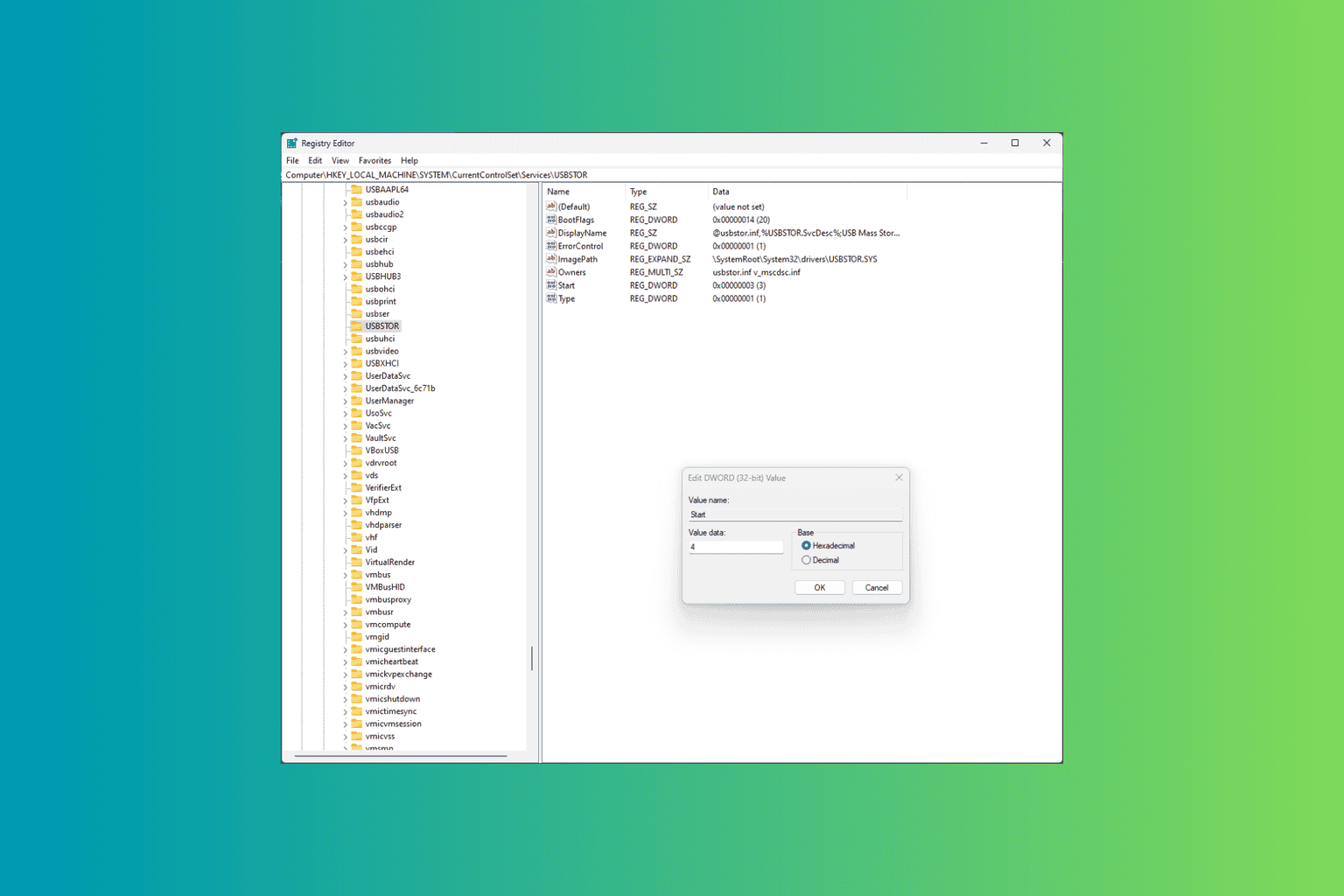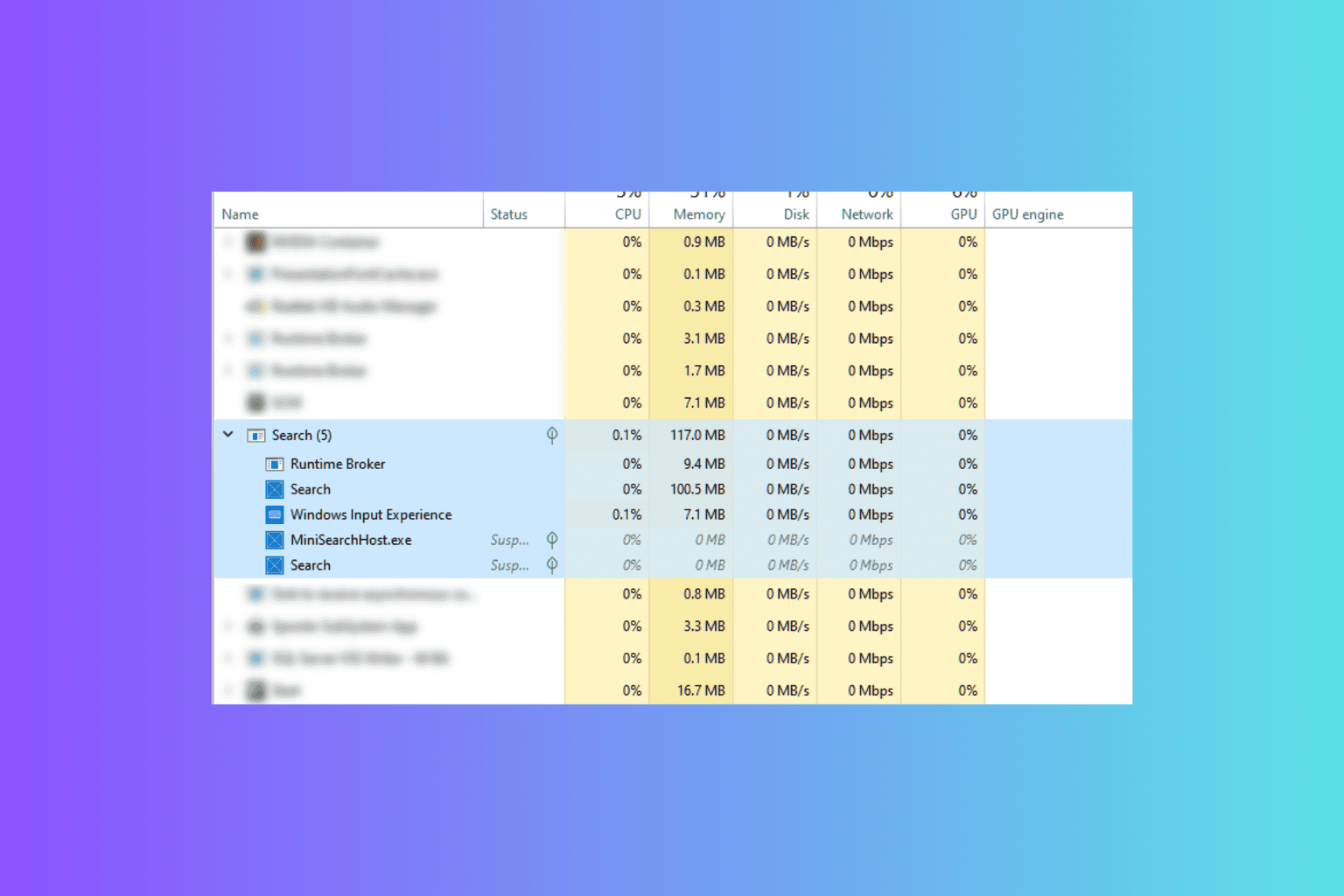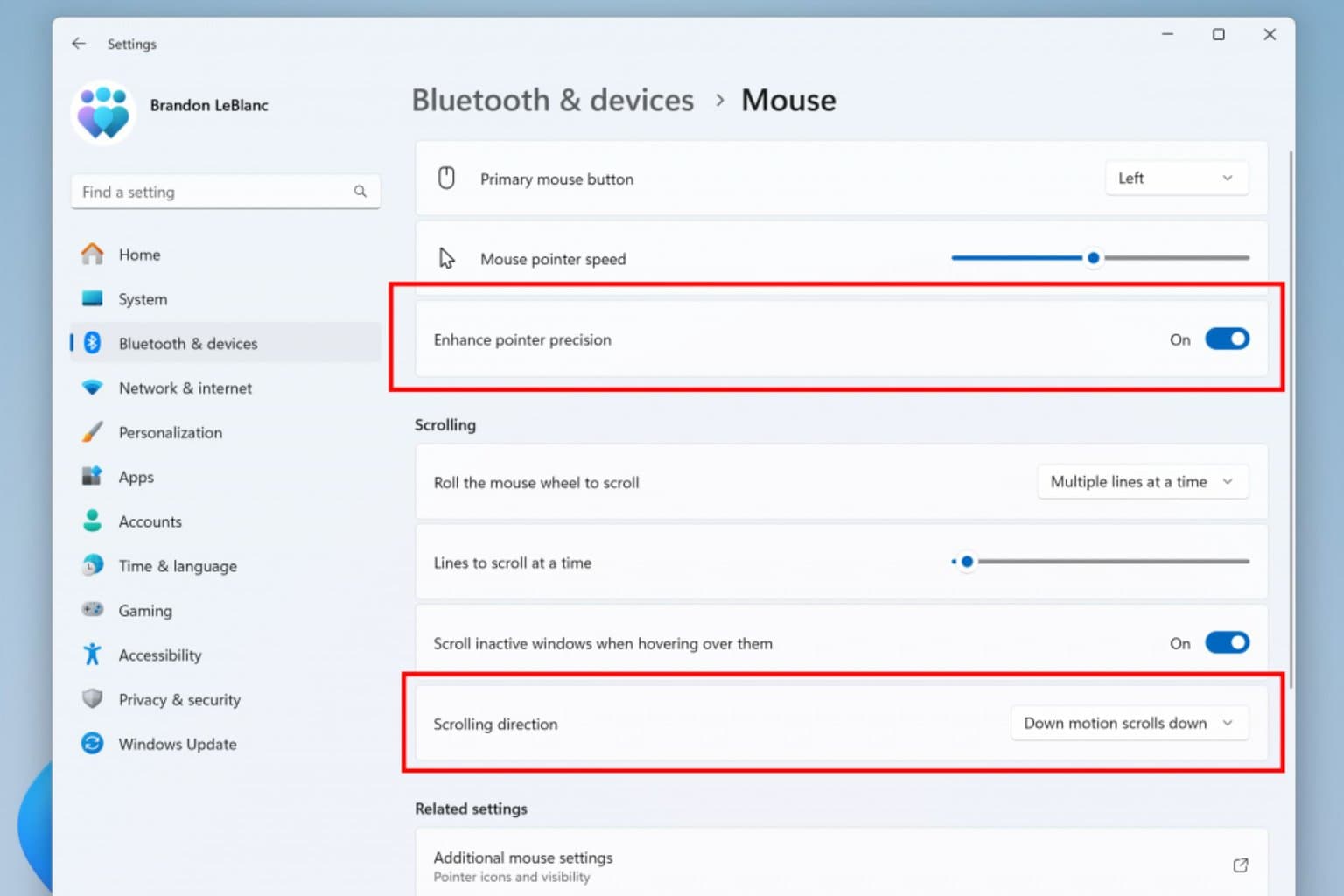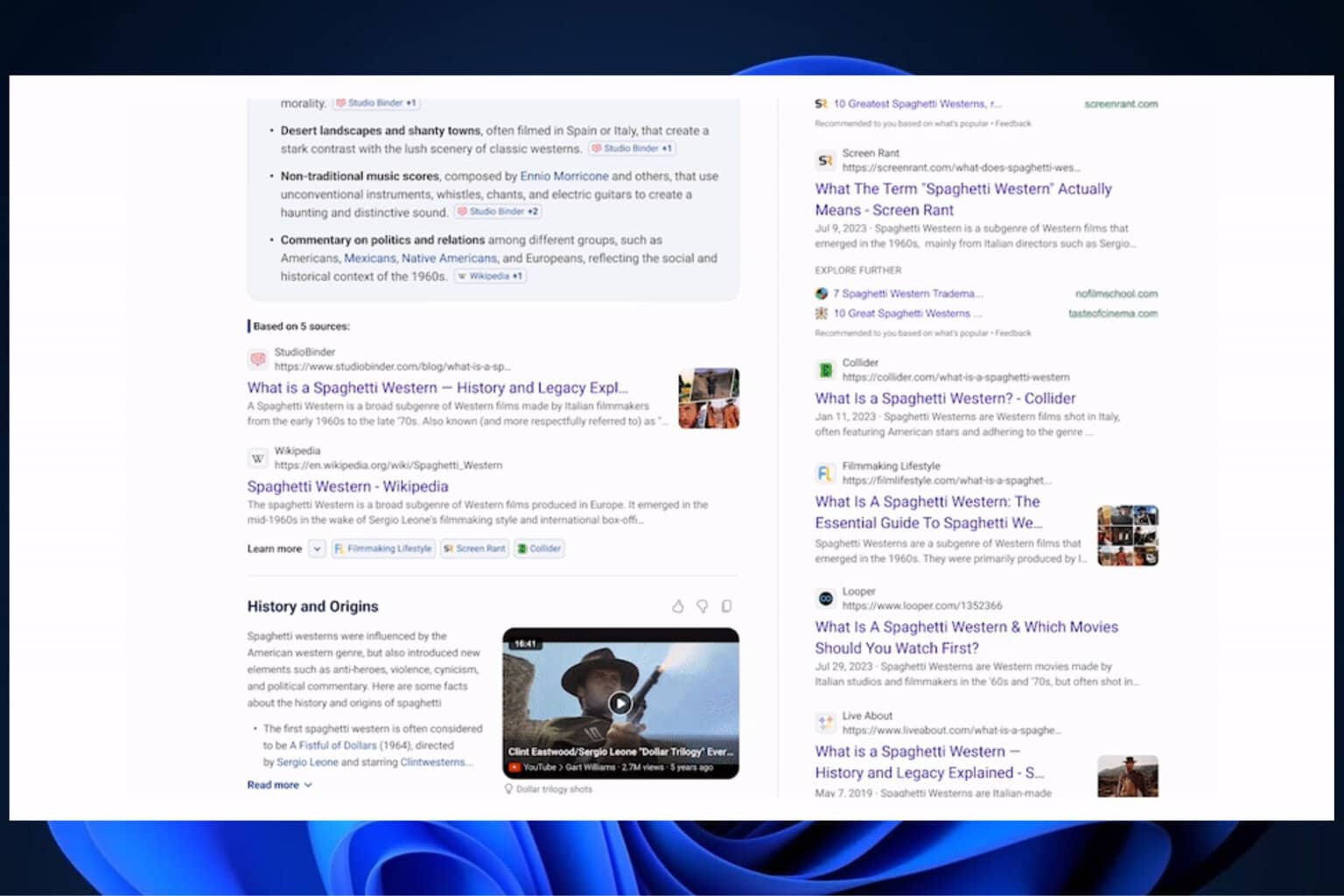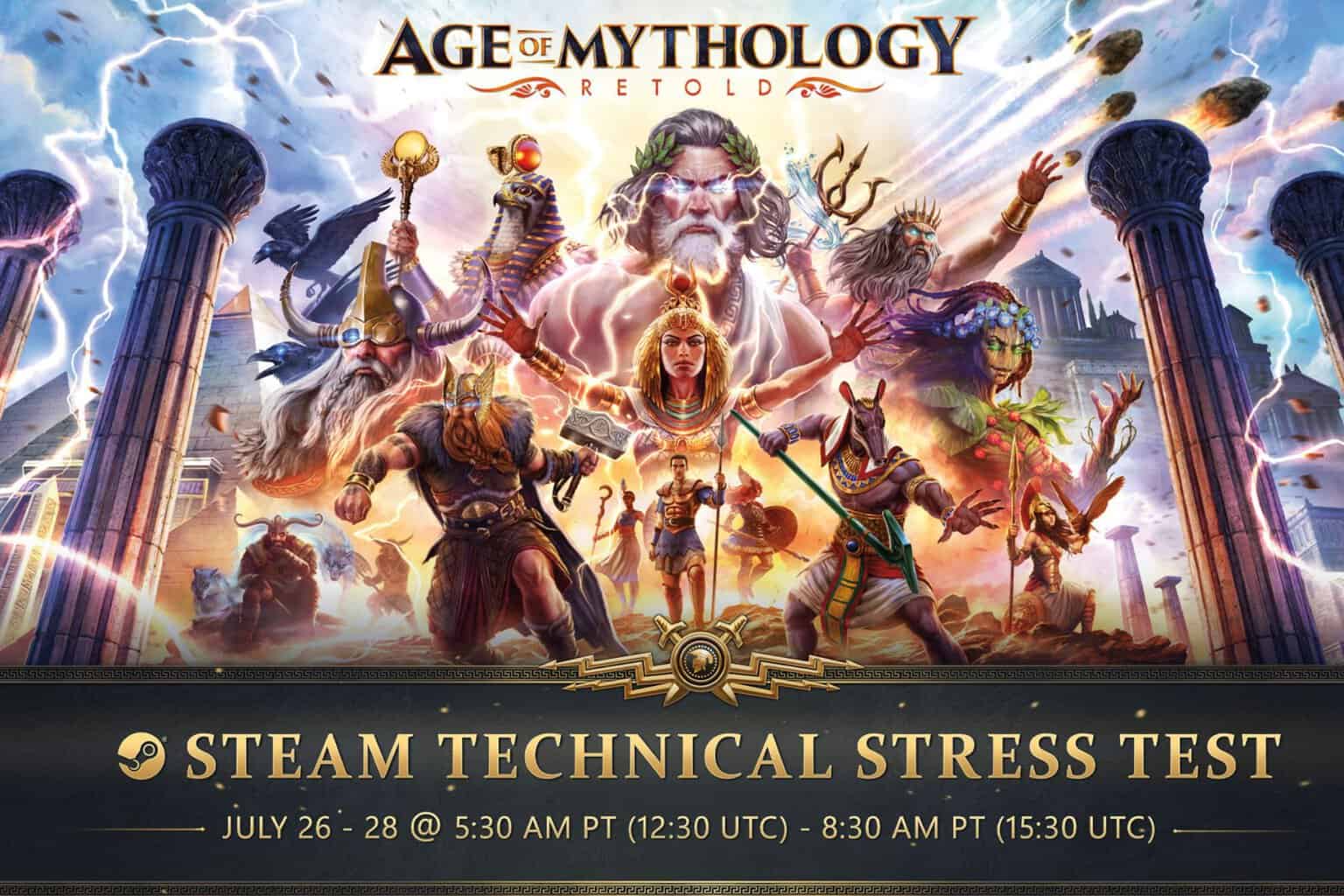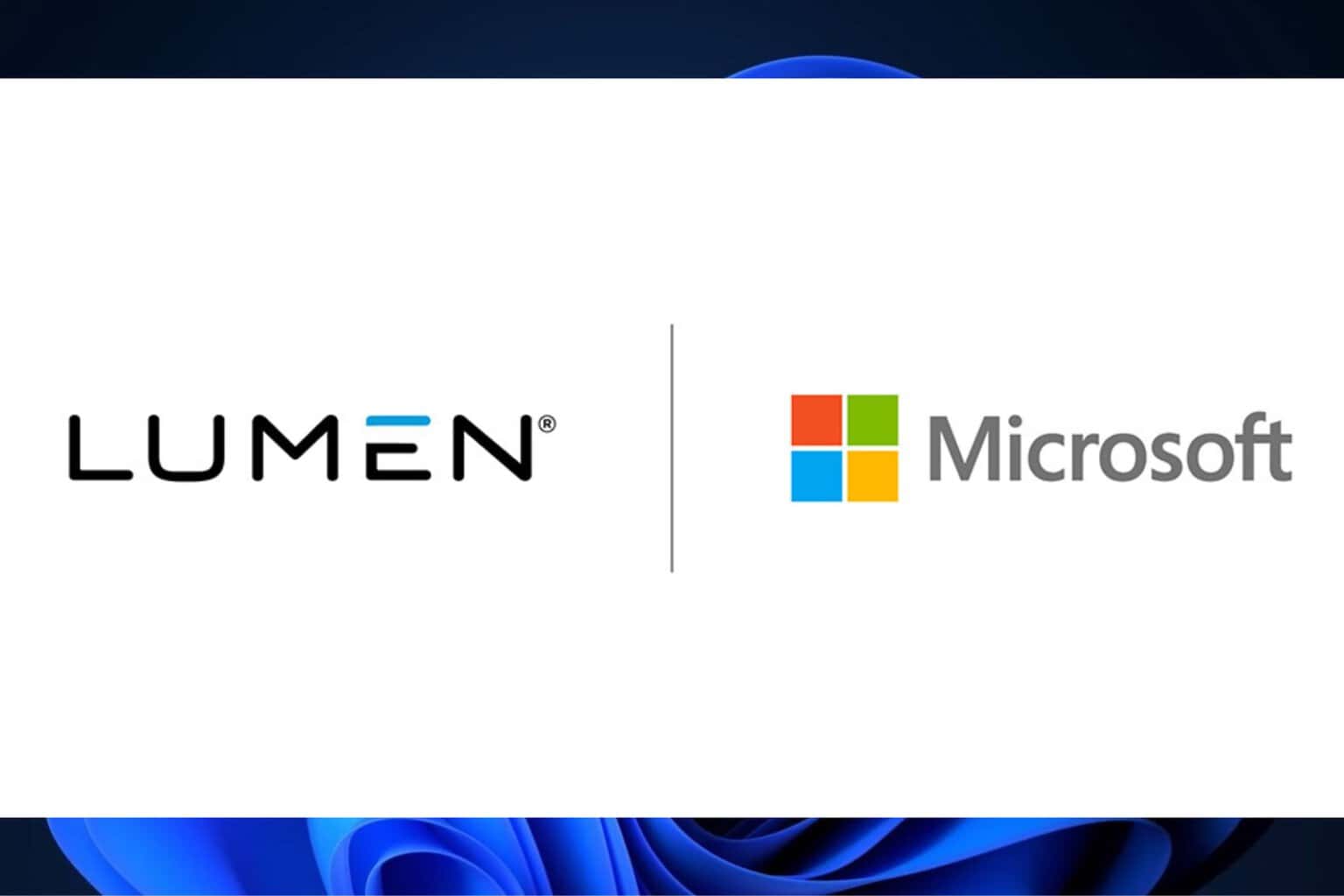The future of PC gaming might not be Windows 11 after all
4 min. read
Updated on
Read our disclosure page to find out how can you help Windows Report sustain the editorial team Read more
Key notes
- Previously, Microsoft was advertising Windows 11 as the future of PC gaming, operating system-wise.
- Recent decisions that the tech company took seem to dismiss last moths allegations, in terms of gaming.
- The tech gianr is committed to ensuring that when game developers adopt a new API, they can reach as many gamers as possible.
- This could mean that gamers will still choose Windows 10 over Windows 11 as their go-to OS.

Last month, there was a lot of talk about how Microsoft was going to revolutionize the PC gaming world with its new operating system.
The Redmond tech company has now advertised Xbox Velocity Architecture, as a new era of game-loading boosts for its newest consoles.
Also, the upcoming DirectStorage API is expected to bring some of those benefits to Windows PCs, but now that it’s designed for two operating systems, with varying speed expectations on each, what will be the actual impact?
Microsoft’s decision might make gamers choose Windows 10
If you remember, when Microsoft unveiled the future OS, they also made a statement that had people wondering what the future of PC gaming might actually be.
Company officials made it clear that we will need Windows 11 in order to play games that employ select next-gen APIs, more exactly the new DirectStorage API.
At the end of last week though, the tech giant’s DirectX team walked that OS restriction back and confused a lot of people by doing so.
Microsoft is committed to ensuring that when game developers adopt a new API, they can reach as many gamers as possible.
The statement that the DirectX Program Manager, Hassan Uraizee, made comes with Microsoft’s launch of a DirectStorage preview program.
This initiative will allow developers to immediately begin testing this feature in intensive 3D software.
As we are sure many of you already know, the API, among other things, redirects I/O calls for 3D graphical assets directly to a computer’s GPU.
Only some major changes will be Windows 11 exclusive
Microsoft’s Uraizee’s post also mentions that another announced DirectStorage pillar, a jump to higher-speed SSD storage, has also moved into the optional category.
It feels like Microsoft is now saying that developers could expect any game-loading pipeline, built on DirectStorage, to scale down to lower-performing computers.
All this could eventually lead to people opting to game on Windows 10, rather than making some drastic system-wide changes just to adopt the new OS.
And if all the big changes that the Redmond-based company was considering as Windows 11 exclusive are coming to the current operating system as well, such a change just wouldn’t be justified, for many.
Sticking with Windows 10, a system that all of us have had the chance to grow accustomed to over the years and know all of its inner workings seems to be the more rational option.
All this will happen while still taking advantage of operating system tweaks, such as decompressing assets via the GPU, aided largely by DirectX’s Agility SDK.
This can be dropped into various Windows versions, from Windows 10 version 1909 and higher, and still work without expected conflict with other OS elements.
What is the most important factor here is that Windows 11’s storage stack upgrades will be exclusive, judging from what Uraizee meant when he said that gamers will want Windows 11 to access the full potential of DirectStorage.
All these changes have some wondering what exactly is happening since DirectStorage’s implied sales pitches is the ability to design real-time 3D worlds that revolve around a revolutionized I/O approach.
On one hand, you have the one where wide-open landscapes and detailed elements no longer have to be hidden by mid-game antics.
Uraizee’s controversial explanation doesn’t draw a clear line regarding how DirectStorage and its Windows 10 and Windows 11 variants will or won’t factor into such ambitions for PC games.
DirectStorage-enabled games will still run as well as they always have, even on PCs that have older storage hardware (e.g., HDDs).
All things aside, this is a big step back from Microsoft’s previous announcements about DirectStorage, much towards gamers’ disappointment.
Maybe the tech company noticed how many interested gamers’ PCs failed last month’s Windows 11 compatibility test, due either to a lack of solid-state media or a motherboard that failed checks for Trusted Platform Module.
This could have triggered a scramble, in order to guarantee that it’s DirectX 12 Ultimate ambitions aren’t further limited.
Know that DX12U requires more modern GPUs, including Nvidia’s RTX 2000 and 3000 families and AMD’s RDNA 2 line, and in a chip-shortage universe, uptake to compatible GPUs has been slow.
What is your take on this whole situation? Share your opinion with us in the comments section below.


